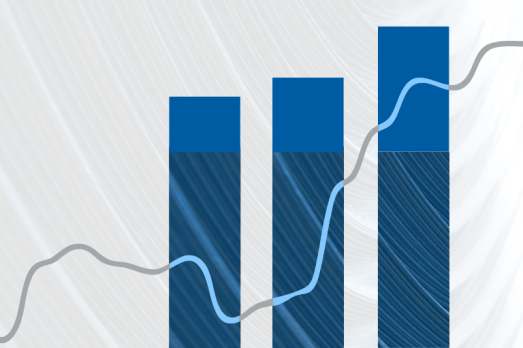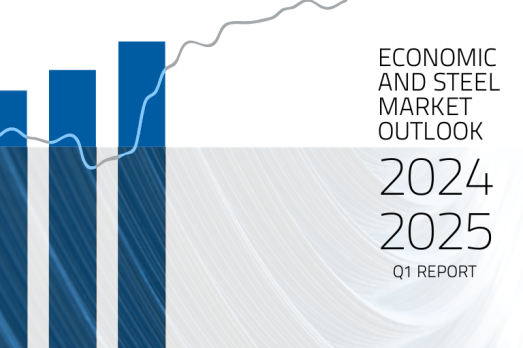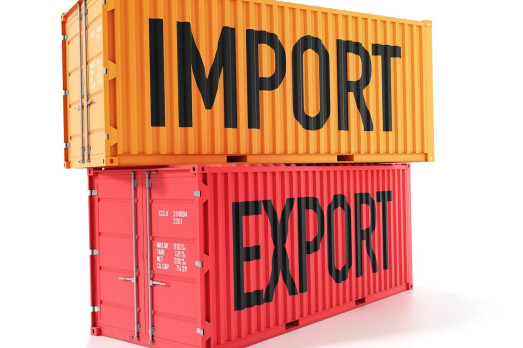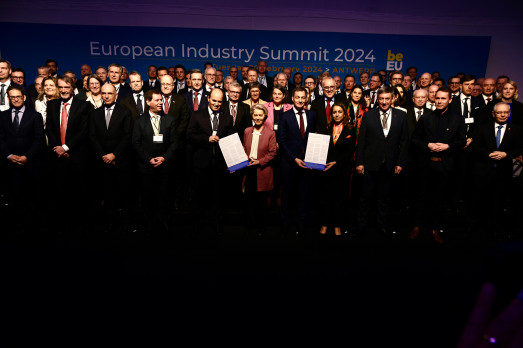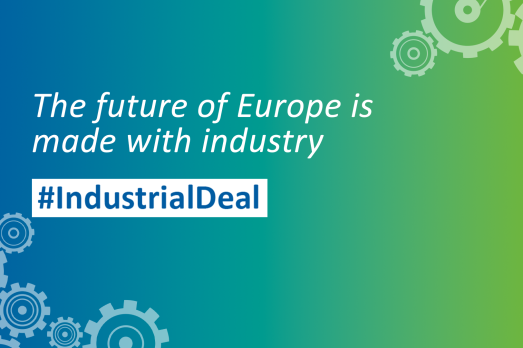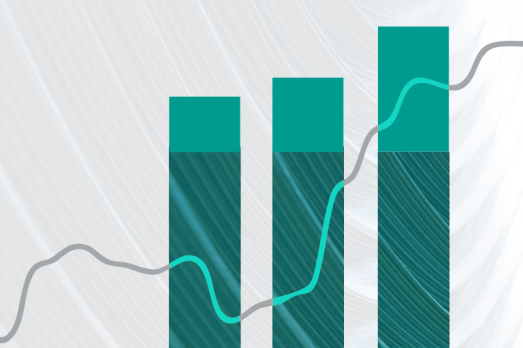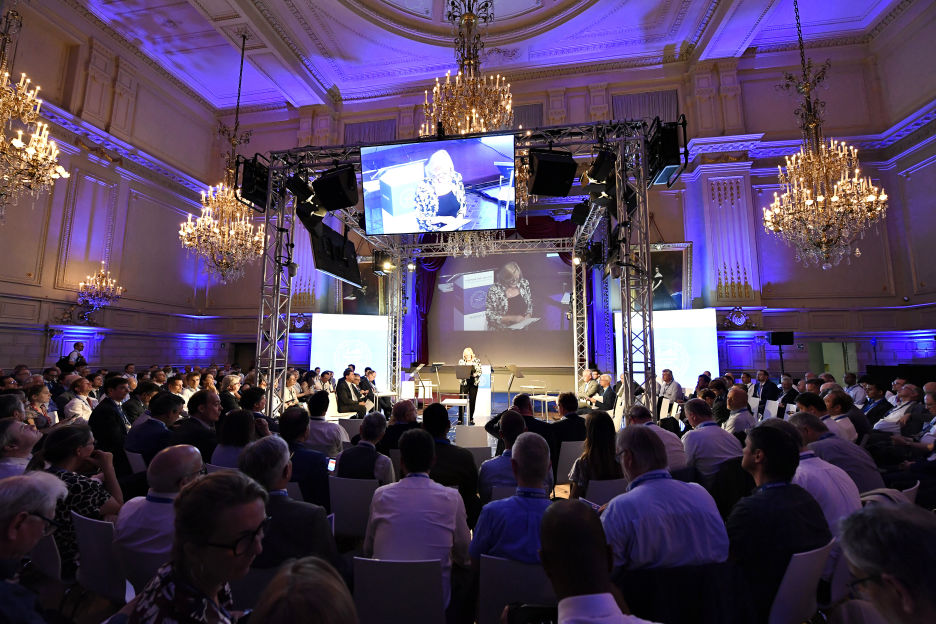Press release: Persisting downside factors deepen downturn in 2023 and curb steel demand rebound in 2024 - 08 February 2024
Brussels, 08 February 2024 – Lingering adverse conditions are set to exacerbate the recession in 2023 while slowing down the anticipated steel market recovery in 2024. Ongoing conflicts, prolonged uncertainty in energy prices and monetary tightening due to persistent inflation, combined with a bleak economic outlook, have further impacted apparent steel consumption (-6.3%) over the past year. This unpredictability is expected to constrain its rebound (+5.6%, previously projected at +7.6%) in the current year, against the backdrop of subdued industrial output (+0.2%) in steel-using sectors. Despite dwindling demand, imports steadfastly uphold their market share (27%), which exceeds historical levels.
Economic and market outlook: Economic and steel market outlook 2024-2025, first quarter - 08 February 2024
First quarter 2024 report. Data up to, and including, third quarter 2023
